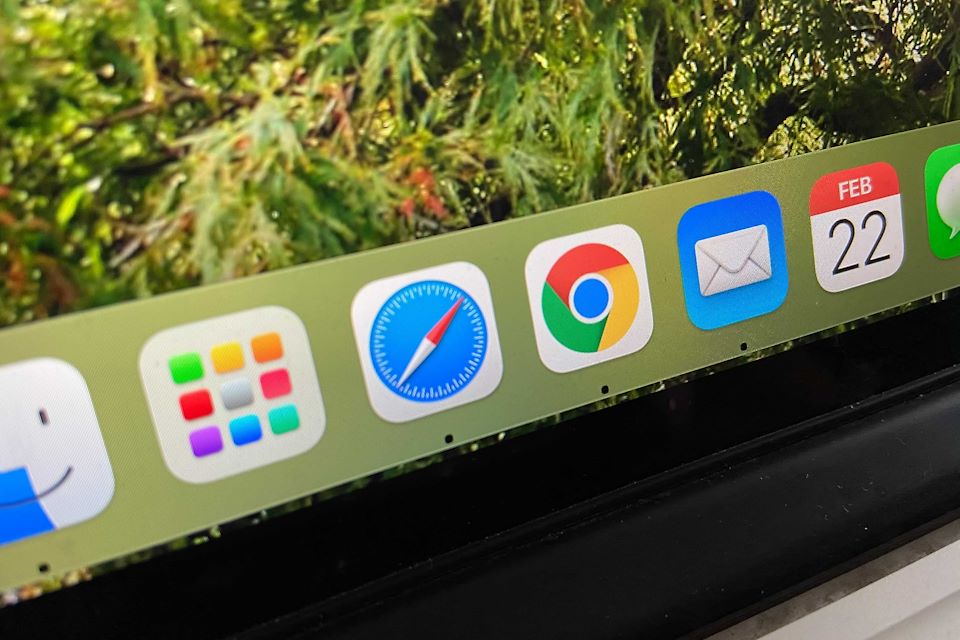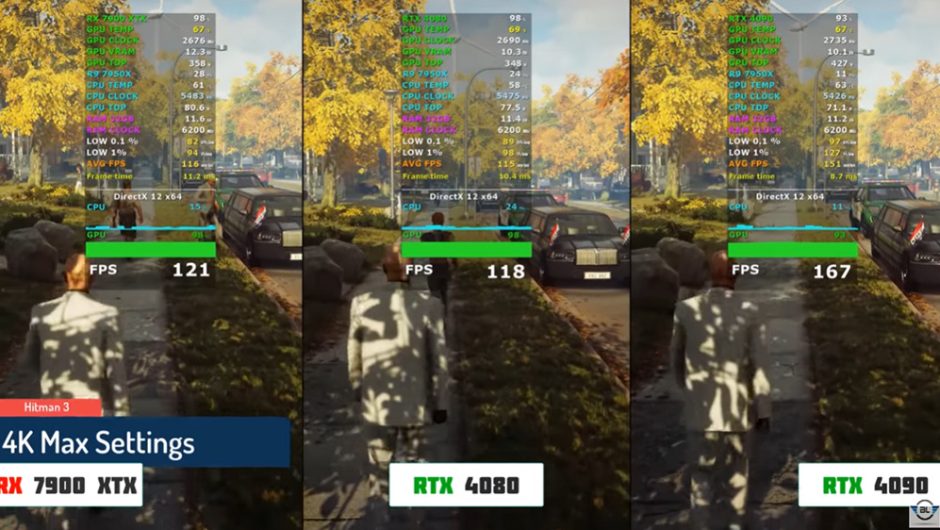About the author
The creator of Flotato Browser made an interesting discovery during a comparative test of his software, Google Chrome and Safari. Describe results on his own Articles.
The browsers tested in two scenarios, but both with the latest version of macOS Big Sur. It used a virtual machine in the first test, and a MacBook pro 2019 with 32GB of RAM in the second test. Either way, Chrome is terrible, much worse than you think.
In the first test, Morten Just started with roughly the same patterns. First, he opened Twitter, scrolled through Messages for a while, then launched a new Gmail tab and started writing an email. I ran this test in Google Chrome and then in Safari.
As you can see, with only two tabs open, Chrome uses 1 GB of RAM, while Safari only requires 80 MB for the same activity. This was the test in a virtual machine. In the second case, he just launched browsers (without any extensions) on his MacBook, then opened 54 tabs in Google Chrome, then did the exact same thing in Safari.
As mentioned, Chrome needs an average of 290 MB of RAM for one open tab, while Safari needs only 12 MB of RAM. In total, Google browser needs more than 15 GB of memory, and Apple only about 650 MB. This difference looks surprisingly fishy, so Flotato creator takes a closer look at laptop temperatures.
Low RAM load and high temperatures – These measurements are not reliable
And here something interesting happens. When using Safari, the device got hotter than in the case of Chrome. It is possible that our charts Morten provided earlier would mislead us. Maybe used by him psutil It is unable to see all Safari side processes. In theory, it can group it, but it doesn’t display it in graphs.
With the launch of the new version of macOS, “Big Sur,” Apple said it is providing very important updates that will help its browser outperform Chrome. Then it was reported that Safari is on average 50 percent. Faster to load frequently visited pages and uses fewer hardware resources than Chrome or Firefox. However, these massive differences as described by the test developer are unreal.

“Devoted organizer. Incurable thinker. Explorer. Tv junkie. Travel buff. Troublemaker.”







